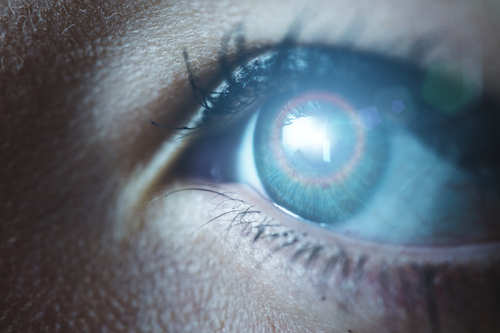Ann Arbor-based RetroSense Therapeutics, a biopharmaceutical company, has received a patent for its proposed method for restoring vision for people suffering from photoreceptor cell degeneration.
The patent covers methods for restoring or improving vision using optogenetic approaches — a technique that involves the use of light to control cells in living tissue. By applying optogenetics to retinas in which rod and cone photoreceptors have degenerated, RetroSense is granting new light sensitivity to the retina, with the expectation of improved or restored vision.
The company is in the process of developing an optogenetics therapy called RST-001, which is designed to restore vision in patients suffering from blindness due to retinitis pigmentosa — a genetic disorder that affects the retina’s ability to respond to light — and macular degeneration, which is a form of severe vision loss in people over age 60.
“This (patent) is an important milestone in the quest to develop a therapy to restore or improve vision for patients suffering from retinitis pigmentosa or advanced dry age-related macular degeneration,” says Dr. Richard H. Masland, inventor and professor of ophthalmology at the Massachusetts Eye and Ear Infirmary.
There are currently no FDA-approved drugs to improve or restore vision in patients with the retinal degenerative conditions that RST-001 treats.
In March 2016, RetroSense announced that the first patient was successfully dosed in the first clinical trial to evaluate the safety of RST-001.






